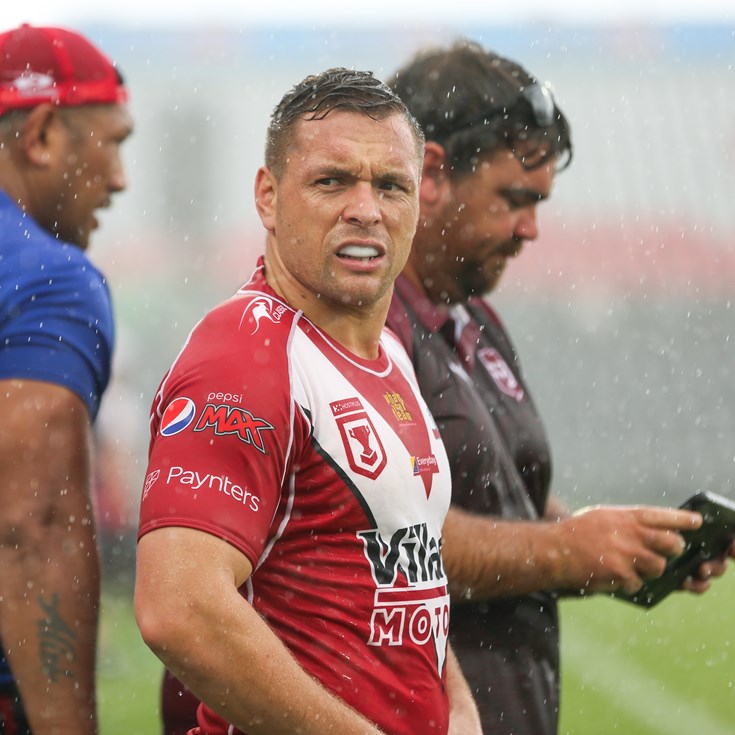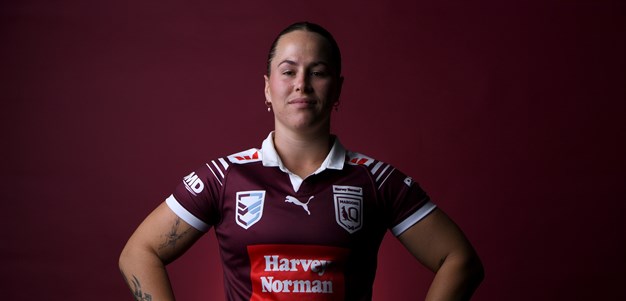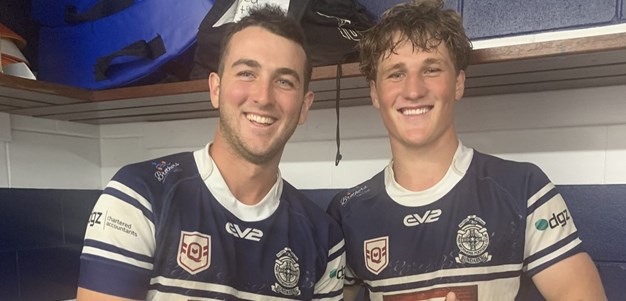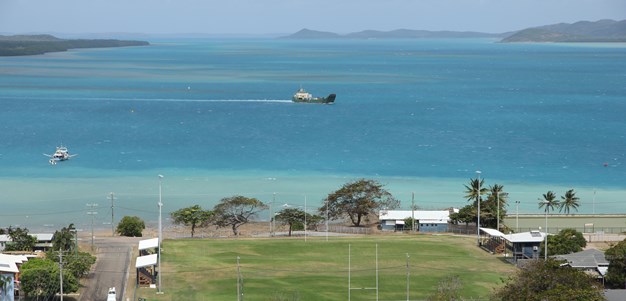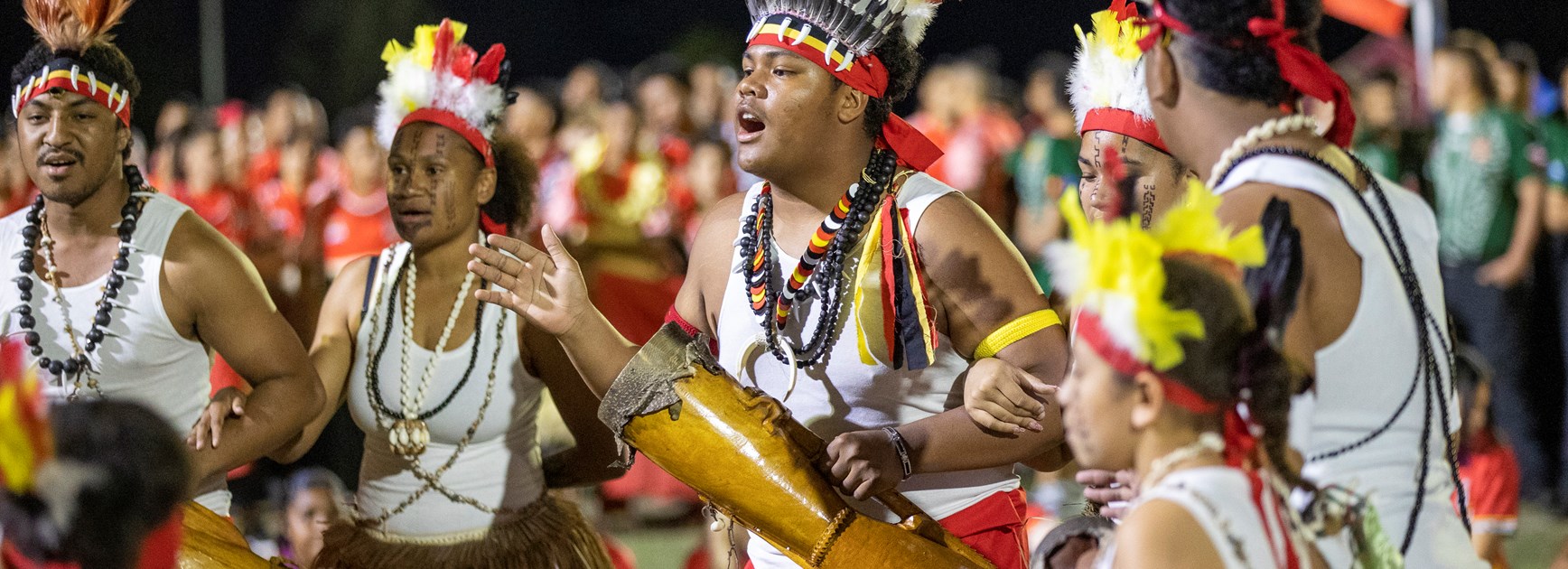
There's something special about walking around the buzzing gatherings among a melting pot of Pasifika cultures and hearing rugby league knowledge passed down in native tongue.
It's exactly what Sam Panapa envisioned 10 years on from the first Queensland Pacific Island Cultural Carnival (QPICC), bringing together nations of who share equal amounts commonality as they do differences.
Panapa, of Tokelauan and Samoan descent, is one of the pioneers of the QPICC carnival, taking on a position of leadership as a recognised figure from his playing days in the 1980s and 1990s largely in England, and internationally.
The ancestral connection he witnesses year after year through rugby league is what the carnival running from Friday to Sunday at Beenleigh Multisports Association Complex is mostly about.
But giving him even more pride is seeing different Pasifika cultures learning from each other, and others coming to learn more about a people represented proportionately more in rugby league than wider society.
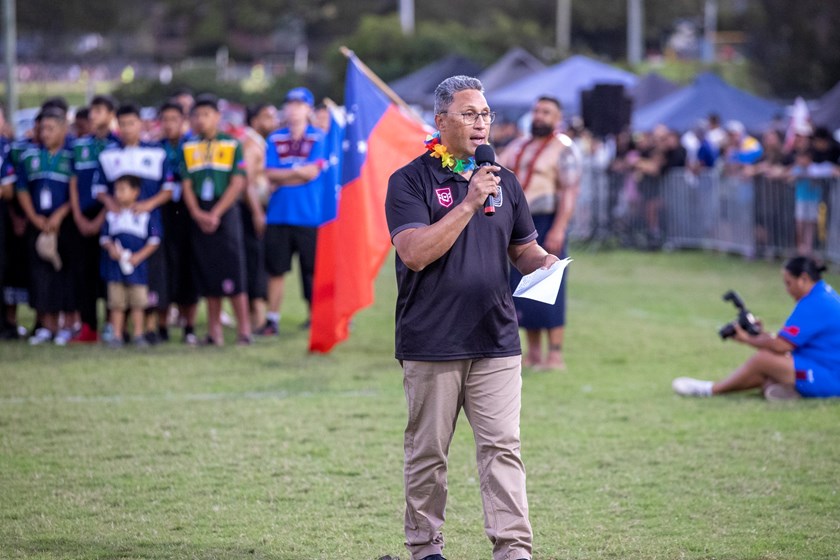
And it's surprising to some to see the difference in individuals coming out of their shell, which is all because of the feeling of empowerment promoting a supportive environment.
"Everybody takes pride and motivation about it because we don't often see that in the public space," Panapa said.
"Year after year, it's just the intensity of the celebration of identity on the field, but I walk around the camps and listening to adults who are like family members adopt, say a manager's role or coach's role, and they're passing on information to the youths in their language.
"And I'm thinking gosh, this is what we wanted to achieve and why the motivation is still high.
"One of the main comments from all our nation leaders is that wow, you know, we're actually seeing a Papua New Guinea guy, go to the Samoan or Maori camp and they can freely make friends and exchange cultures. They're really sort of moving across, you know, all these 'boundaries' that are always out in mainstream in club land that they never do.
"But now they able to do that. They make friends and they're now starting to break these barriers down that it's less about competition, but more of cultural engagement and then exchanging ideas.
"I think a lot of people in club land now are coming down to QPICC and they're seeing this other side of Pasifika people that perhaps they've been guided by some levels of stereotyping and stigma... and they come to QPICC and see them engaged in their nations."
QPICC is really the showpiece finale of two months of lead-up work consisting of cultural immersion activations and engagement among the nations.
The first attempts at a similar carnival in 2010 were more representative-focused, so young players could be given some spotlight, but it fell through, before Pasifika nations joined the Queensland Māori carnival for one year in 2012.
The real birth of QPICC came in 2013 when the focus remained on young people - under 14 and under 16 age groups - but for the purpose of cultural awareness.
"I think it was the vision was to become the best Pacific cultural carnival in Queensland," Panapa said.
Going it alone at the time had challenges as nations brought what little funding families could muster to cover costs, and with senior teams wanting to join in on the emerging cultural phenomenon, the need was there to reach out for support to ensure sustainability.
Michael Pease, then QRL South East region manager, and the late Shane McNally, then Brisbane area manager - trusted officials all the nations knew from club land - lent their advice on resolving the issues at play.
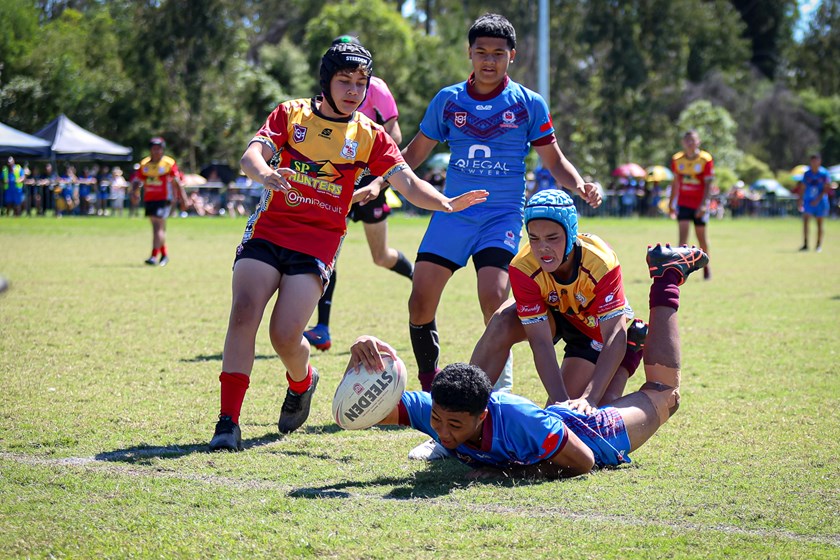
While incorporating outside help caused some consternation and robust discussions at the time, the fast-tracking of proper accreditation and governance practices was necessary and led to landmark 2017 and 2018 events Panapa remembers among the "greatest ever".
"I think Mike could see that there was something that was happening amongst the community which will benefit the game in the long run, which it is doing, I believe," Panapa said.
Pease claims only a minor part in the formalisation process, hailing McNally for doing much of the grunt work making sure the QRL facilitated all the training required, and the strong community leadership from the participating nations to encourage their people to be part of that process.
"If somebody wanted to become an accredited coach, we paid for that accreditation to proceed and that's where people like Shane and some of the other staff at the time got heavily invested in it and helped deliver those courses and oversaw some of the early courses and ensure as well as being accredited there was some on-the-job learning," he said.
"That's where people like Shane were invaluable with his coaching and development experience.
"Obviously the Pasifika nations provide a lot of participants to our game and what we were trying to encourage was not just playing but that other participation, to get involved, and it was obvious to see it was going to be a massive success."
Rugby League Samoa Queensland president Matt Tuisamoa, another of the inaugural QPICC crew, said the guidelines "lifted the bar" and paved the way for it to become the "go-to carnival" for people of Pacific islander background.
"From where it started to where it is today, we've come a long way," he said.
"We've some such a long way where people outside Queensland and Australia are aware of it. Samoa, we get people inquiring to come from New Zealand and Sydney to play for us purely in QPICC, so the popularity has grown.
"Everybody wants to play in it, everybody wants to represent their flag. It's always the case for islanders. If you chuck up a flag, they will be there to wave it."
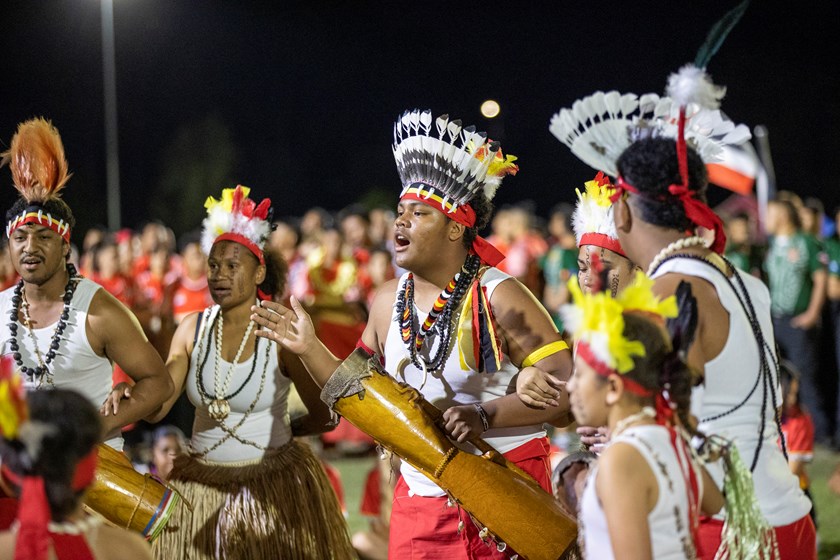
Tuisamoa said the cultural aspect continued to gain importance.
"It's up to the nations to create that environment where it cultivates a willingness to regenerate our cultural heritage because a lot of our kids, and especially our little kids, are born here (in Australia), so QPICC provides our nations that opportunity," he said.
His goals are to see the carnival continue to generate positive experiences for people particularly in key volunteer roles so they can be inspired to help Pasifika peoples be more proportionately represented in club leadership.
Despite already being a huge event, the powers-that-be believe there is still room to grow.
The event this weekend, starting with games from 3pm Friday and the awe-inspiring opening ceremony at 6pm, heralds the return of Fiji alongside representatives of Māori, Samoa, Tonga, Cook Islands, Papua New Guinea and Niue communities, the latter entering a women's side for the first time.
Panapa hopes Vanuatu and Solomon Islands develop the confidence to join in, and maybe even Tokelau, the non-self-governing territory of New Zealand he represented at the 1985 Pacific Cup, can return in coming years.
Male and female teams in under 14, under 16, under 18 and open divisions will compete on the field across the three days, with grand final matches taking place from midday Sunday.
Entry on Friday is a gold coin donation, while tickets on Saturday and Sunday are $5 for adults and under 14s get in free.
QPICC will provide a free livestream of all Field 1 matches, via the QPICC Facebook page.

